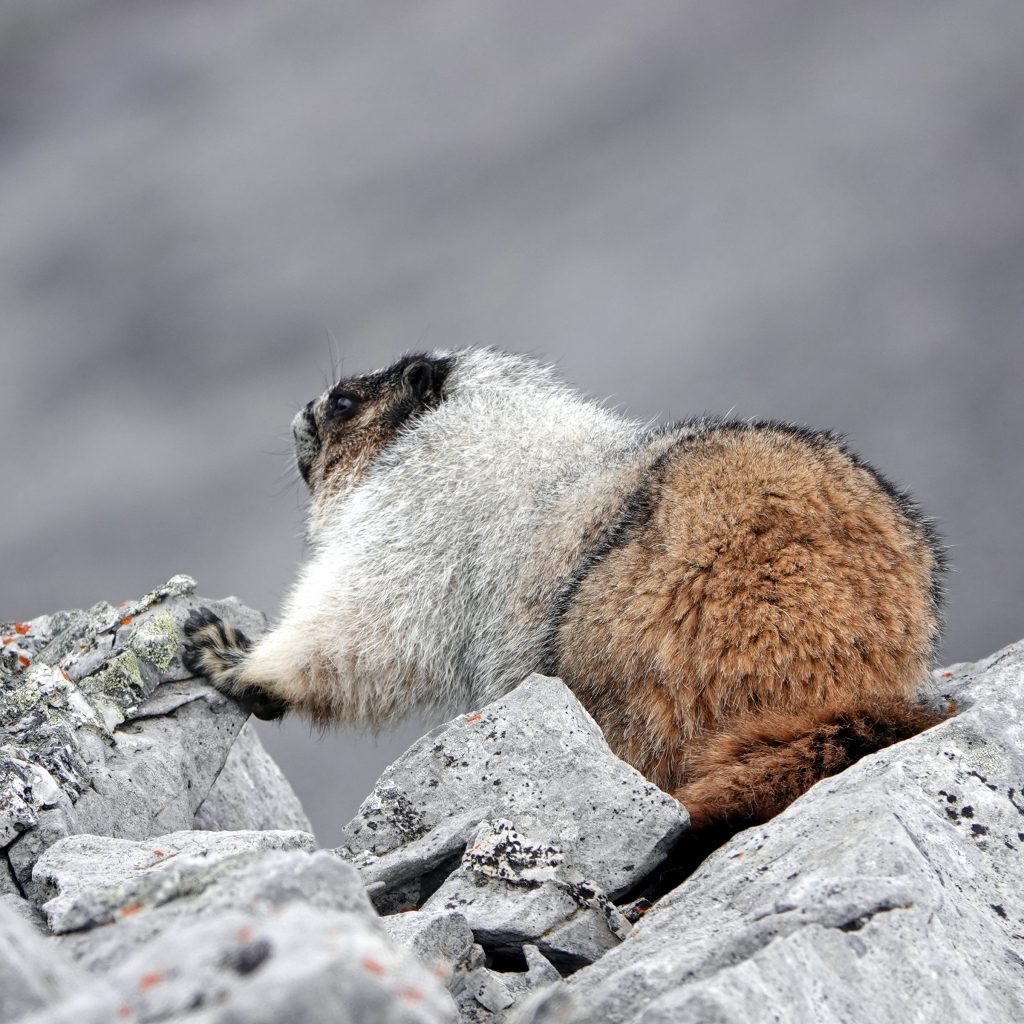
Evening before a long hike
Usually we plan long hikes on long Summer days. You have to get up as early as you can, especially if it’s a long drive to the trailhead: you need to get a parking spot, and, what is even more important, the earlier you start, the earlier you finish, and have better chances not to use head lamps on steep descent and not to be eaten by mountain bears. Suppose you need 12 hours for the hike with trailhead 2 hours drive away. If you take the trail at 7AM, in ideal world you’ll be back to parking lot at 7PM and home at 9PM. Most of people don’t like to drive in darkness, and if sunset scheduled for 9-10PM, you will be OK if take off from home around 5AM. So, the more you prepare on the evening before, the better, because every minute in the morning counts. If your backpack is ready, you just get your coffee, better with some stamina-reach sandwich, feed pets, put on hiking shoes and clothes, pick up food and water from the fridge, and run. All this takes about 30-60 extra minutes, which means that you need to setup your alarm at 4-4:30AM.
Therefore, the evening before:
- Gas up your car, unless there is a station on the route, because next morning every minute counts.
- Make sure you have in the car:
- Hiking poles
- Extra bottle of water (2L or more) to wash hands and/or drinking after the trail if necessary
- Crampons (snow on some mountains never melts)
- Helmets if you are planning scrambling and there is a risk of falling rocks
- Prepare electrolytic water and put it in a fridge (at least 2L per person or even more, if it’s hot outside or the trail is very long)
- Cut apples in 4-8 pieces each and fill up a plastic container (per person) with them, put them in a fridge too
- Charge in full:
- Cell phones
- In-reach device if you have any
- Power banks
- Camera and extra batteries for it, if any
- Head lamps
- Put in the backpack or attach to it:
- A small wallet with driving license, credit card and some cash
- Gloves
- Bearnie hat or warm cap which won’t be blown away if a sudden snow storm caught you on a summit
- Light rain jacket
- Water filter
- Head lamp
- Toilet paper
- A few Advil or Ibuprofen pills (there is no difference)
- Same of activated charcoal
- Same of aspirin
- Prescription medications, if any
- Bear spray (it works very well not just against bears, but also unleashed dogs and stoned sex offenders)
- 2-3 meters of Gorilla tape (don’t take the entire roll, it’s heavy)
- Load Alltrails maps for both plan A, plan B and any possible variations of them in all cell phones you take with you. If you have plan C, load that too.
Some people would also add bug spray and sun screen to this list. We wouldn’t, because:
- When we are on a hike, we try to inhale and enjoy the smell of pine forest, alpine meadows and mountain air, and not of poisonous chemicals containing in a bug spray. Mosquitos, ticks and other little guys (who, by the way, gotta eat too!), appreciate it and don’t bother us more than we can handle. On another hand, a couple of times on a very long hikes we saw skeletons holding empty can of bug spray in their hand ;-), so just give it some extra thought next time when you want to take a bug spray shower.
- Sunscreen on a hot day melts, mixes with sweat and burns eyes. Nobody knows how beneficial is this mixture of your natural fluids and questionable chemicals for your vision and skin. For UV protection we prefer to wear long sleeves, hiking pants, and Sun hats, and sometimes even not to wear because after 2-3 hikes your skin gets used to Sun radiation and you don’t care about sunburn anymore till the very end of the season. The secret is to start your hiking season as early in Spring as possible, when the Sun is not very aggressive yet. Then in Summer, when it gets really hot, you already are naturally protected and all you get from our Sun is tan and vitamin D for the long Winter.
We understand that this may sound a bit unorthodox, but a couple of decades ago both bugs and Sun already existed, but no one considered any of that a problem, and people like us survived those times somehow, so just think about it before putting extra weight in your backpack.
DON’T DRINK ALCOHOL A DAY BEFORE THE HIKE – you’ll regret it once the trail becomes more or less steep. Alcohol takes away all stamina, and instead of having fun you’ll be tired much sooner and suffer on the best part of the hike. And it’s bad for your heart.
